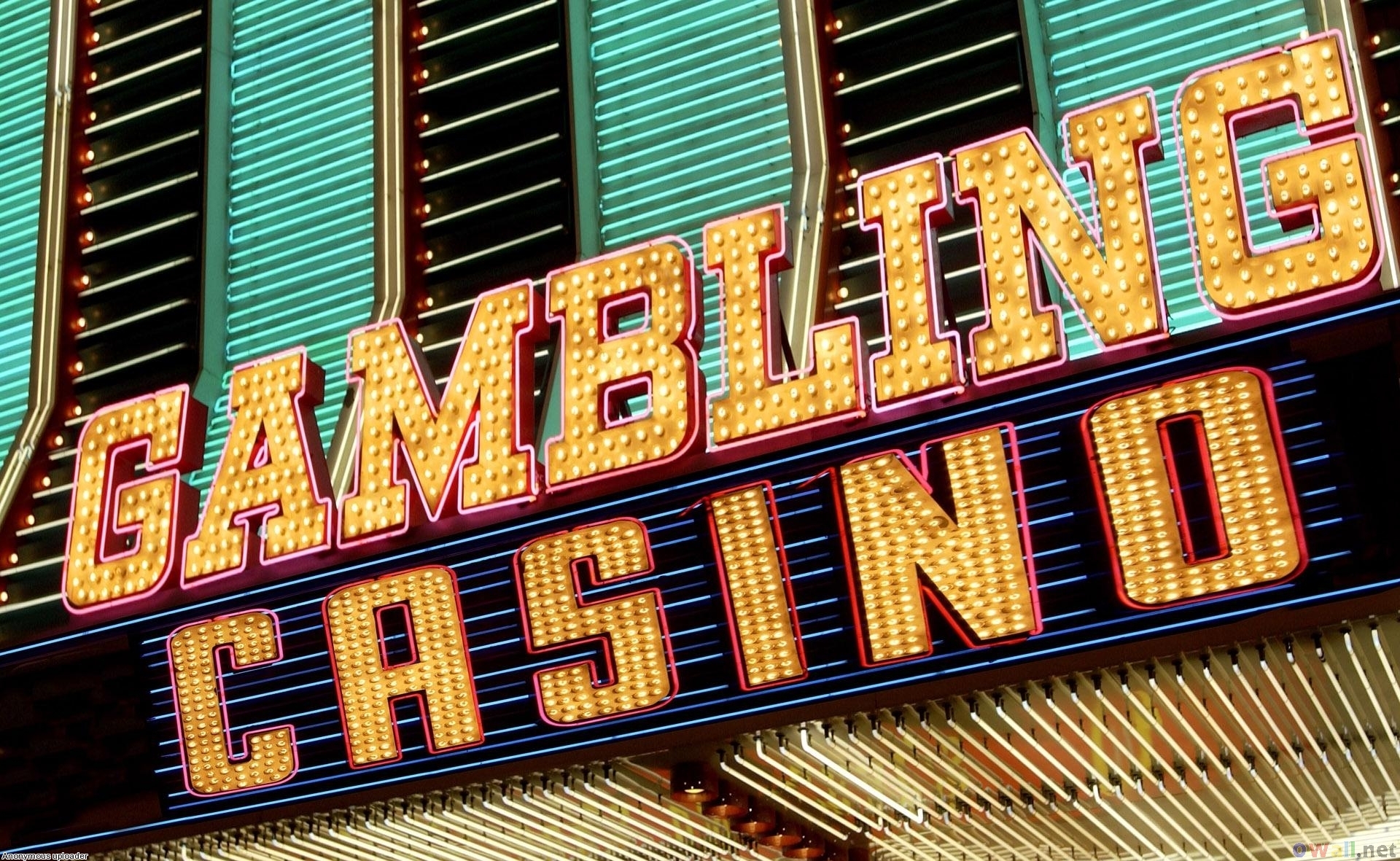The Story of Gambling: Starting in Antiquity to Contemporary Casino Games

Betting has been an integral part of human recreation for thousands of years, evolving through societies and periods to become the vibrant casino games we know today. From the ancient Chinese and Romans, who engaged in various forms of betting and luck, to the sophisticated gaming floors of contemporary casinos, the allure of risk and winning has enchanted individuals across the globe. The shift from simple dice games and rudimentary betting setups to the opulent environments of modern casinos reflects significant strides in both cultural standards and technological.
As cultures evolved, so too did the complexity of gambling activities, with casino games emerging as a separate category of entertainment and thrills. These games have transformed from casual gatherings centered around wooden tables to grand, lavish establishments designed to lure players. Today, we explore this fascinating journey, examining how historical practices laid the groundwork for the varied and thrilling casino activities that bring pleasure to countless people worldwide.
spintax
Ancient Betting Traditions
Gambling has significant roots in human past, with proof of games of chance dating back to ancient societies. Archaeologists have discovered that as far back as 3000 BC, the ancient Chinese were using basic forms of gambling with dice made from wood. Similarly, ancient cultures of Mesopotamia engaged in gambling activities, often relying on the casting of lots or dice to determine results. These early forms of betting served not only as recreation but also played crucial roles in social and cultural customs.
The people of Egypt also participated in gambling activities, with games that included betting on the results of various occurrences, including sports and religious festivals. Artifacts such as dice and depictions of gamblers from ancient tombs demonstrate that gambling was a common pastime. It provided both relaxation and a means of engaging in social interaction, often linked to festive occasions or important gatherings. This activity revealed the universal appeal of chance and competition throughout history.
In ancient Rome, betting became a commonplace practice among the citizens, as reflected by references in texts and the establishment of guidelines around certain games. Romans enjoyed a variety of gambling activities, from wagering on chariot races to playing games similar to modern-day board games. The legal system surrounding these activities began to take shape, establishing the foundations for betting regulations that would grow in the centuries to come. J88 The popularity of gambling during this period set the stage for the development of gambling house games in the future.
The Evolution of Gambling Games
Gambling games have undergone significant transformations from their origins to the contemporary entertainment options. In ancient civilizations, gaming was commonly linked to ceremonial practices, with games of dice found in Mesopotamia and betting on the outcomes of events in ancient Rome. These initial forms of gambling laid the foundation for the formal games we see today. The transition from informal gambling to regulated games occurred as societies began creating rules and venues for wagering, reflecting cultural values and practices.
The Middle Ages saw the rise of card games, which gained fame among European nobility. Games like the first and baccarat became mainstays in social gatherings. The development of printing technology also aided the spread of playing cards, making them more accessible to the general public. As gambling houses began to proliferate, these card games developed into adaptations that appealed to wider audiences, eventually leading to the creation of casinos as exclusive venues for gaming.
The twentieth century marked a pivotal point in the development of casino games, with the ascendancy of commercial casinos in Las Vegas and other gambling hotspots. This era saw the introduction of games like slot machines and modern versions of table games, complete with sophisticated graphics and complex betting structures. The arrival of online casinos in the 1990s additionally transformed the gaming industry, allowing players to access a vast array of casino games from the comfort of their homes. Today, casino games continue to progress, blending traditional elements with advanced technology to create captivating experiences for players worldwide.
Modern Gambling Laws
In the past few years, the area of gaming regulations has evolved significantly, particularly as tech advances and internet-based gaming have become increasingly prevalent. Regulatory bodies around the planet have introduced various regulations and guidelines to make certain that gaming activities are carried out justly, with responsibility, and transparently. These regulations often include aspects such as permits, marketing, gambler safeguards, and sensible gambling measures. Authorities aim to mitigate problems such as problem gambling and cheating while supporting a fair gaming environment.
The emergence of online casinos has created a need for a new approach to oversight. Many legal areas have set up specific online gaming structures that serve online gaming, enabling operators to offer their offerings legally. These frameworks often require operators to get permits, follow strict safety standards, and offer assistance options to help players. By vigilantly monitoring online activities, authorities can more effectively protect players from potential harm and make sure that gambling is carried out in a protected manner.
Additionally, modern gambling regulations are progressively concentrating on responsible gambling initiatives. Many casinos and internet-based sites now implement features such as player exclusion, financial limits, and time-outs to help players control their gaming habits. Awareness campaigns aimed at educating about the risks of gambling are also widespread. As the industry continues to expand, the emphasis on sensible gaming continues to be a fundamental principle of governing efforts, reflecting a dedication to encouraging a safe and enjoyable gambling experience for all players.
